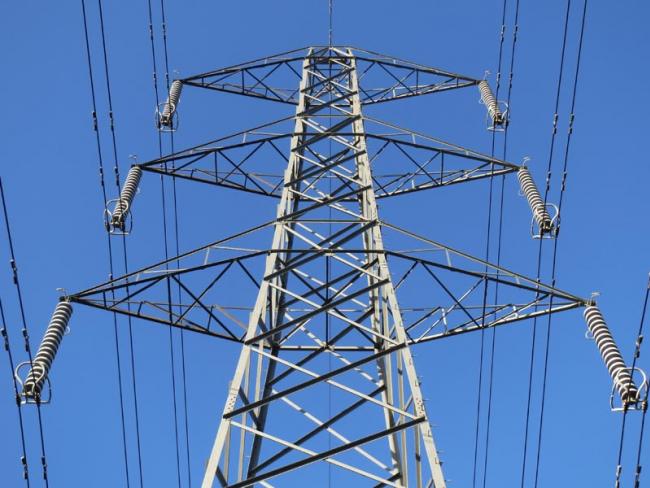It is not easy to take control of your future when your energy supply is uncertain as it is in Britain. Demands can be made to rebuild industry and to be more self-sufficient in production but none of that is achievable without a steady energy supply.
Currently Britain generates about 20 per cent of its electricity from nuclear – yet almost half of current capacity is to be retired by 2025, in four years’ time. Belatedly, the government produced a policy paper on advanced nuclear technologies on 19 November which at least shows some potential for how that gap is going to be rectified without relying on energy produced by other countries.
The term advanced nuclear technologies (otherwise known as small nuclear or small reactor technologies) encompasses a wide range of nuclear reactor technologies under development. The technologies share common attributes such as being smaller than conventional nuclear power station reactors and designed so that much of the plant can be fabricated in a factory environment and transported to site, reducing construction risk and making them less capital-intensive.
The policy paper was accompanied by the announcement of the Advanced Nuclear Fund, which includes funding of up to £215 million for small modular reactors (SMRs) and up to £170 million for advanced modular reactors (AMRs).
Each small modular reactor could produce 440 megawatts of electricity, enough to power a city roughly the size of Sheffield. As well as providing energy, these reactors could produce much-needed employment.
A consortium led by Rolls-Royce has pledged to create 6,000 jobs across Britain over the next five years with a plan to build a fleet of 16 small nuclear power stations. One of the first sites could be the former Trawsfynydd nuclear power station in Gwynedd in Wales.
Meanwhile, 80 per cent of the components could be made in factories in the Midlands and the North of England. It is envisaged that a further 34,000 skilled jobs could be created by 2040. These roles would be in manufacturing, assembly, the supply chain and the energy sector. It would be a genuinely make it in Britain project – unlike the recent history of the nuclear industry in Britain, which has been about relying on Chinese or French firms.
The consortium says that the first small reactor will take 10 years to get up and running, a timescale that leaves the country with a gap of several years as electricity from existing nuclear stations will dip. But once the infrastructure to produce the first small reactor is in place the consortium is hopeful that it will be able to build and install two a year.

